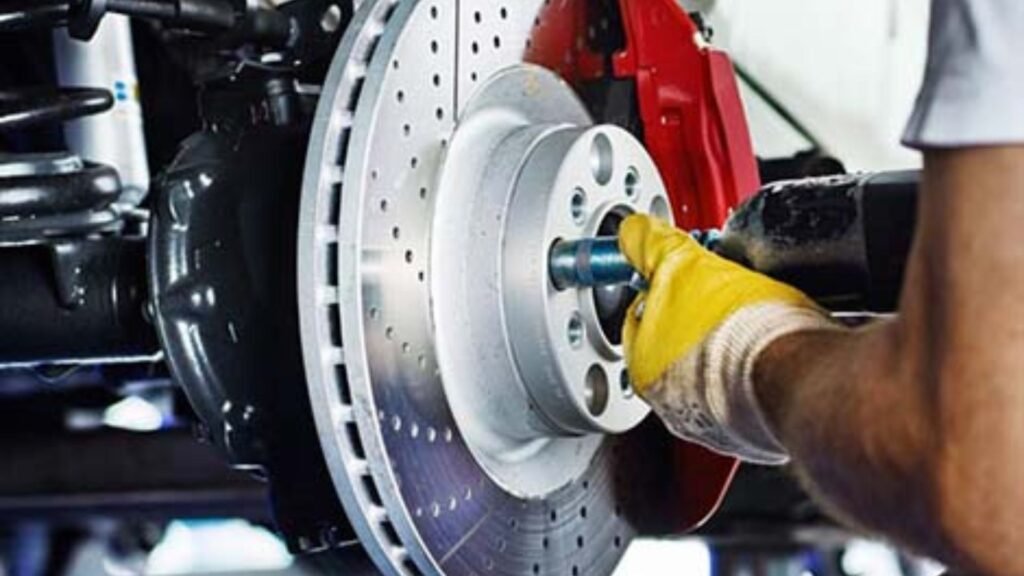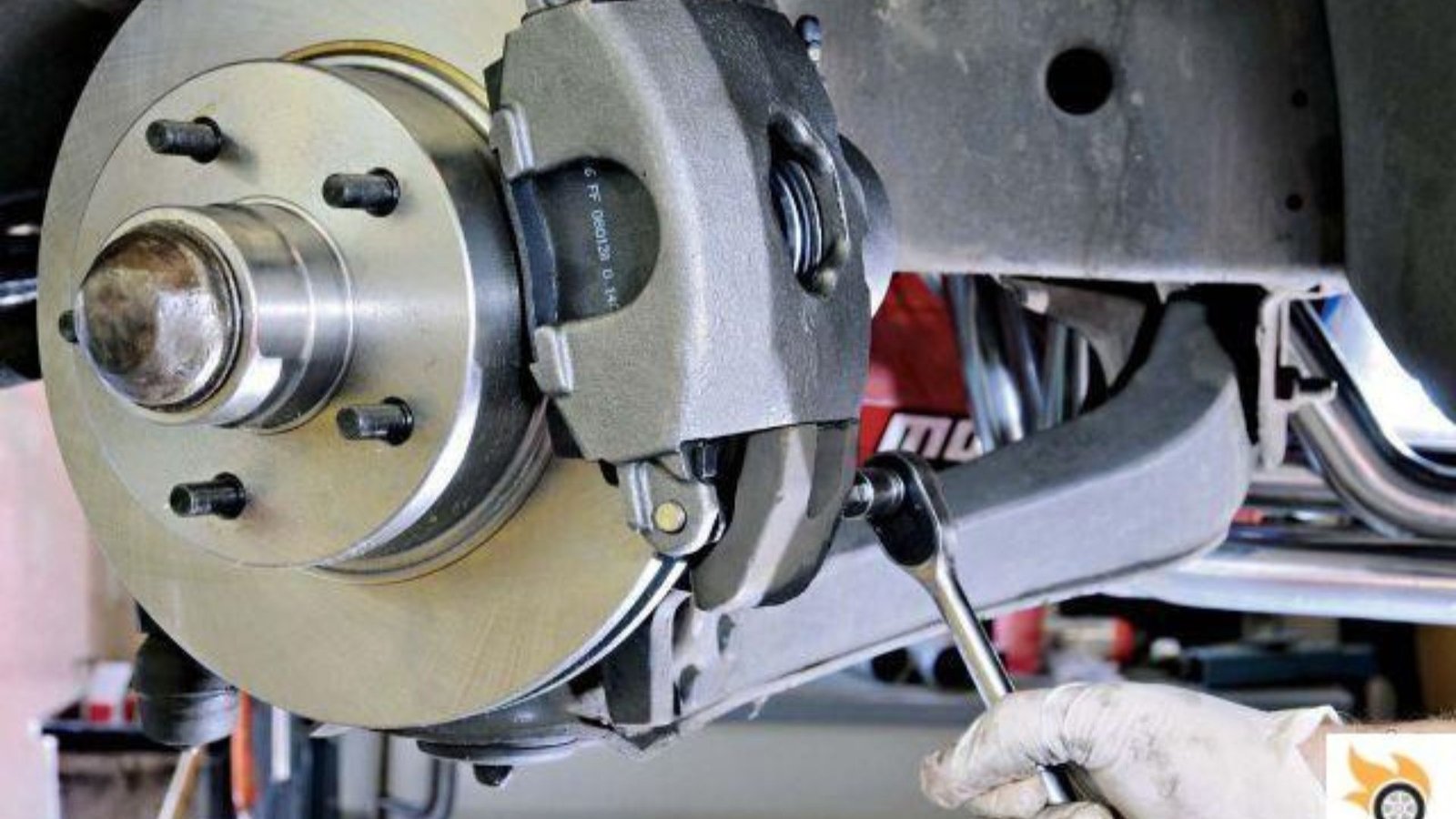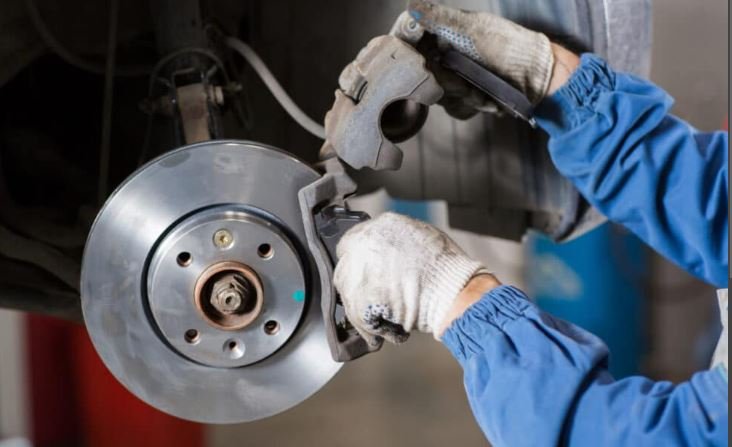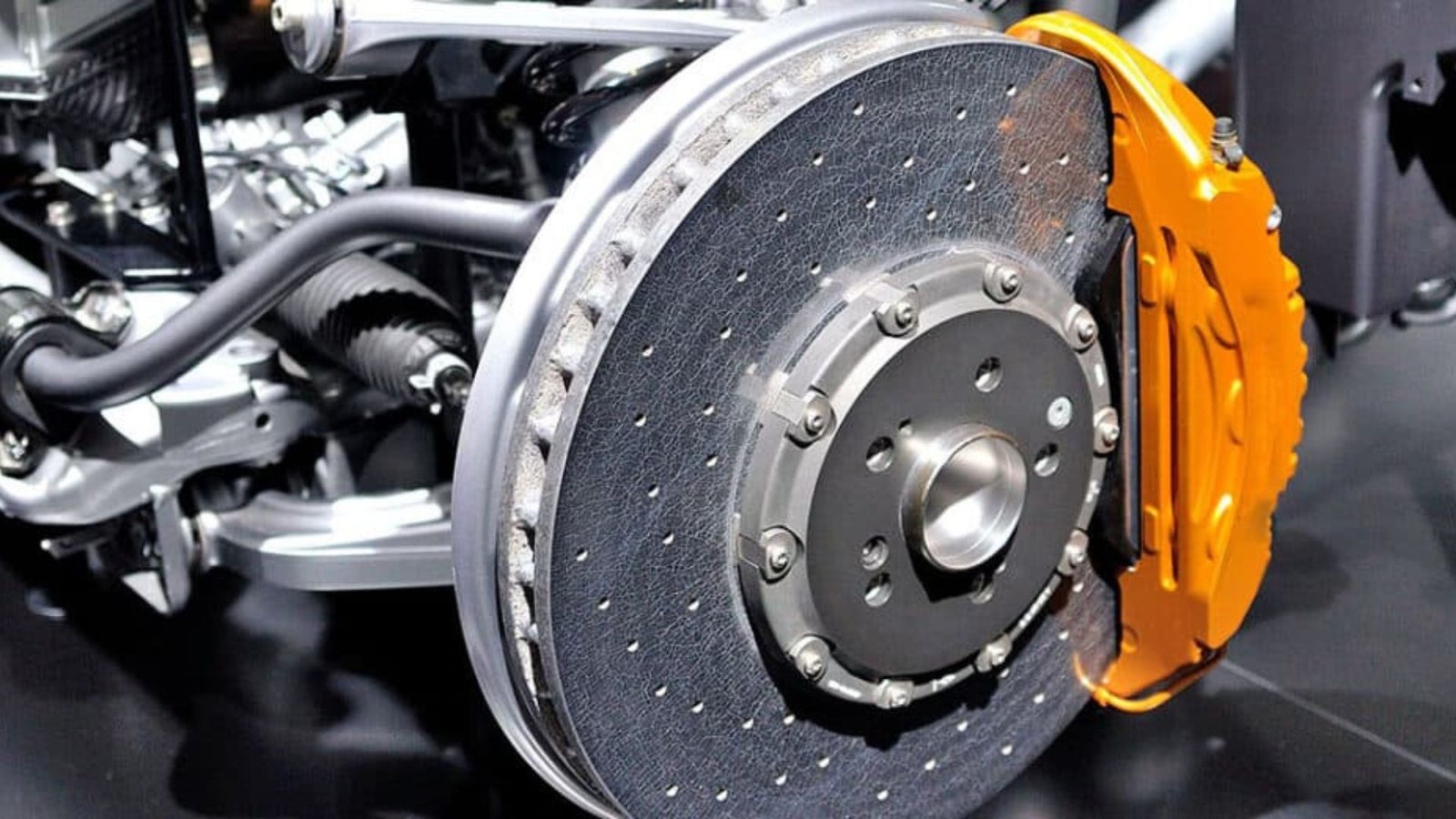Maintaining your brakes is crucial for ensuring your vehicle’s safety and performance. Proper brake care not only enhances your driving experience but also prevents costly repairs down the road. In this guide, we’ll cover essential tips on how to Maintain Your Brakes.

Regular Inspections
Check Brake Fluid Levels
Importance: Brake fluid is essential for the hydraulic system that activates your brakes. Low brake fluid levels can lead to decreased braking efficiency and potential brake failure. Check the brake fluid reservoir regularly and top it up if necessary.
Inspect Brake Pads and Rotors
What to Look For: Brake pads and rotors are critical components of your braking system. Inspect the pads for wear indicators, such as a squealing sound or reduced braking performance. Check the rotors for grooves or warping. Replace these components if they are worn or damaged.
Look for Leaks
Finding Leaks: Leaking brake fluid can indicate a problem with your braking system. Regularly inspect the area around the brake lines and master cylinder for any signs of leakage. Address any leaks promptly to avoid brake failure.
Cleaning and Lubricating
Clean Brake Components
Why Cleaning Matters: Dust and debris can accumulate on brake components, affecting their performance. Use a brake cleaner to remove dust and grime from the brake pads, rotors, and calipers. This helps maintain smooth braking and prevents brake noise.
Lubricate Moving Parts
Keeping Things Moving: Proper lubrication of brake caliper slides and pins ensures smooth operation. Apply a high-temperature brake lubricant to these moving parts to prevent sticking and ensure optimal brake performance.
Regular Replacements
Replace Worn Brake Pads
When to Replace: Brake pads should be replaced when they are worn down to 3 millimeters or less. Driving with worn brake pads can lead to reduced braking performance and damage to the rotors.
Check and Replace Brake Rotors
Maintaining Rotors: Rotors should be replaced if they are significantly worn, warped, or scored. Regularly measure the thickness of the rotors to ensure they are within manufacturer specifications.
Update Brake Fluid
When to Change: Brake fluid should be changed every 2 to 3 years or as recommended by your vehicle manufacturer. Over time, brake fluid absorbs moisture, which can reduce its effectiveness and cause corrosion.
Driving Habits
Avoid Hard Braking
Smooth Driving: Frequent hard braking can accelerate wear on your brake components. Practice smooth and gradual braking to extend the life of your brakes and improve overall driving comfort.
Use Engine Braking
Save Your Brakes: Utilizing engine braking by downshifting can reduce the strain on your brake system, especially when driving downhill. This technique helps maintain control and reduces brake wear.
Professional Inspections
Schedule Regular Brake Checks
Why Professional Checks Matter: Regular inspections by a professional mechanic ensure that your braking system is functioning correctly. Have your brakes checked at least once a year or according to your vehicle’s maintenance schedule.
Address Issues Promptly
Timely Repairs: If you notice any unusual noises, vibrations, or changes in braking performance, have your brakes inspected immediately. Addressing issues early can prevent more significant problems and ensure your safety.
Conclusion
Maintaining your brakes is essential for safe and efficient driving. Regular inspections, proper cleaning and lubrication, timely replacements, and good driving habits all contribute to optimal brake performance. By following these tips and scheduling professional inspections, you can keep your braking system in excellent condition and enjoy a safer driving experience. Remember, your brakes are a critical component of your vehicle, and their maintenance should not be overlooked.




